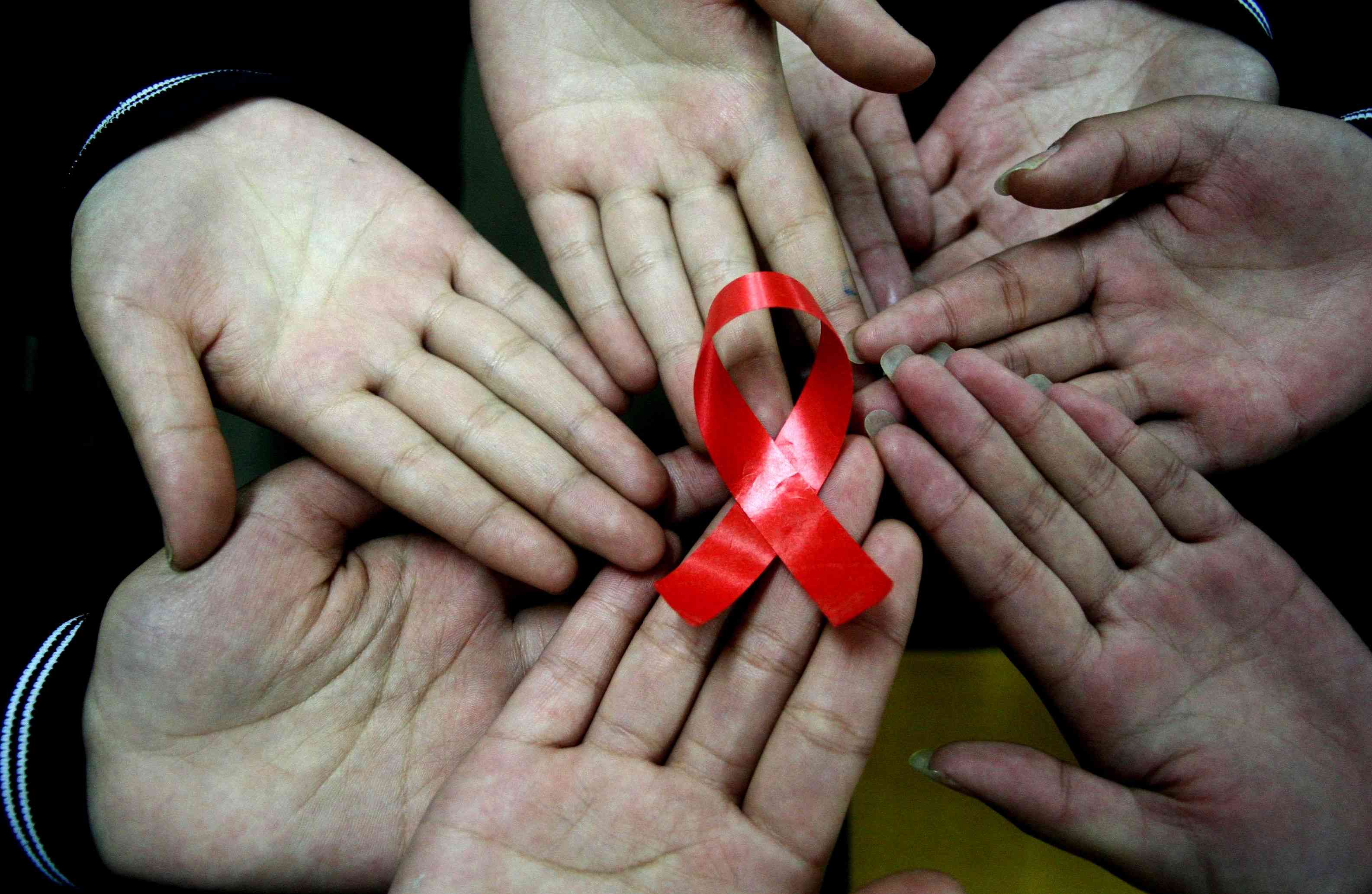
The upcoming International Conference on Aids and STIs (sexually transmitted infections) in Africa (ICASA) will focus on issues of preventing diseases such as cervical cancer amid a high level of negligence and laxity in screening and diagnosis, an official has said.
Speaking during a Press conference in Harare yesterday, 22nd ICASA president David Parirenyatwa called for the continued fight against HIV and Aids because complacency had started to creep in among citizens.
The conference, which will be held in Zimbabwe from December 4 to 9 this year, will be accompanied by several side events.
Parirenyatwa said: “The issue of anti-microbial resistance is key and we hope that during ICASA we are able to highlight this important subject. We have over 1 500 abstracts that came up for the conference and we look forward to the constructive discussions that will be done.”
He highlighted the importance of community voices in mapping the best way forward since they provide lived experiences.
“Most importantly we have a huge community village which will be up at the conference. The community should always be key as they are at the centre of the whole HIV and Aids issue.
“Condom use is important, we continue to record STIs because people are not using condoms. There is need to give more awareness on the subject,” Parirenyatwa said, noting that syphilis, hepatitis B, HPV and TB are important aspects that will also be tabled at the conference.
“We are getting there (ICASA 2023), we are happy and we like the idea that has been taken to take healthcare to the people, services to people who are not very rich but in need of those services,” he added.
- Social commentary: Zim women face risks in giving life
- Social commentary: Zim women face risks in giving life
- ‘Govt committed to HIV, pandemics response’
- Getting to Zero new HIV Infection by 2030
Keep Reading
Addressing the same conference, National Aids Council chief executive Bernard Madzima highlighted the importance of bringing services to the people as Zimbabwe gears towards eliminating HIV and Aids.
“The issue of bringing services to the people is very important especially in Zimbabwe. One of the things we have introduced in Zimbabwe is self-testing. Zimbabwe has done very well in terms of our achievement of the 95-95-95 targets. We now have gene expert machines and other related services that have been brought down to primary health facilities as we move to intensify testing in the fight against HIV and Aids,” he said.










